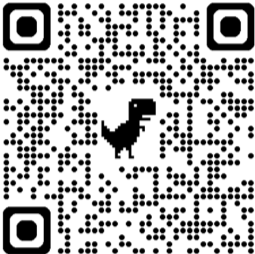Young and Middle Adulthood Trivia
A game similar to "Who Wants To Be A Millionaire," that has questions relating to young and middle adulthood in relation to development.
Create multiple-choice games on Wisc-Online and play them on our Chakalaka mobile app!
But that's not all! Explore educational games created by others. Simply search by category or enter agame code number and dive into a world of learning and fun.
Download the Chakalaka mobile app here:

Topics of this game:
- A state of emotional and sexual union with another person is known as what?
- Which psychologist is famous for his theory of the Psychosocial Life Span Theory?
- What is the ability to transcend personal interests to provide care and concern for both younger and older generations?
- Who developed the theory of Life Structure, which is the underlying patterns and central components of a person’s life at a particular point in time?
- What ages does Arnett describe as "emerging adulthood?"
- What are coping mechanisms?
- Jung proposed the concepts of differentiation and individuation. Which one describes how humans develop unique patterns and traits?
- According to Eriskon, the psychosocial struggle in young adulthood is what?
- According to Levison, what ages are to be considered "novice adulthood?" "Novice adulthood" is the transition a young person experiences where their personalities continue to develop and they prepare to differentiate from their families of origin
- The number one threat to health and life during young adulthood is what?
- What continues to be a risk factor for the health and wellbeing in young and middle adulthood?
- When it comes to protective factors, the most common finding is that that emotional and instrumental support in the face of adversity protects against adult health problems. True or False?
- According to the textbook, young and middle adulthood covers the ages of what?
- Which is not important for social workers to understand what when working with clients who are in young or middle adulthood?
- Arnett proposes five features that make emerging adulthood distinct from both adolescence and young adulthood. Which is NOT one of these features.
User comments are currently unavailable. We apologize for the inconvenience and are working to restore this feature as soon as possible.

